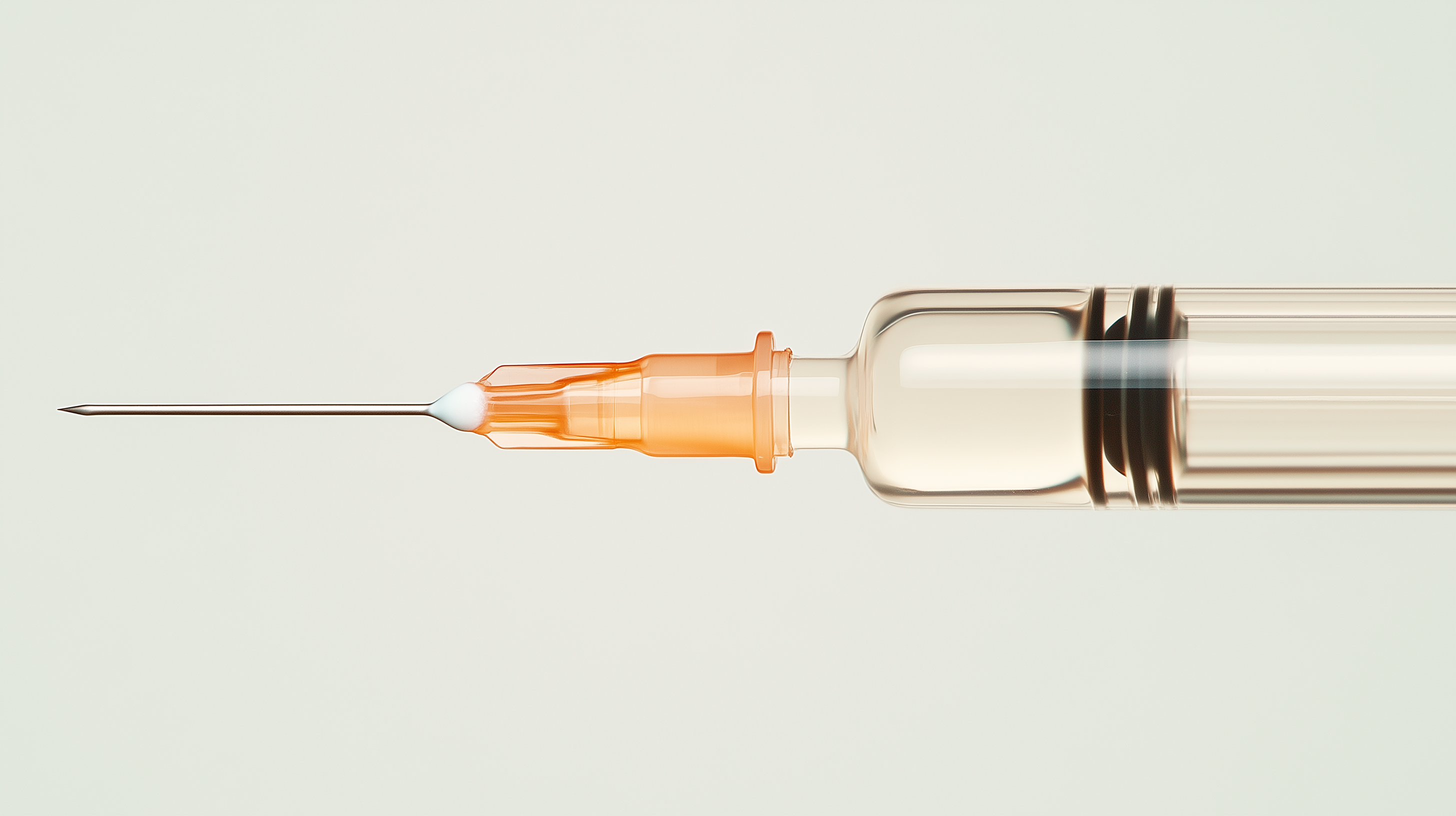As a surgeon, every patient I meet brings a unique story, often woven with threads of hope, insecurity, and sometimes even quiet resignation. The decision to undergo aesthetic surgery is rarely made lightly. Some patients come seeking relief from physical discomfort, others to address scars or asymmetries that have long troubled them. There are those who wish to restore a sense of self after life events like pregnancy, illness, or weight loss. And sometimes, it’s simply about wanting to align how they look with how they feel inside. Whatever the motivation, I’ve come to appreciate that these transformations often reach far beyond what we initially discuss in the consultation room.
Physical Health Benefits
One of the most immediate rewards of this work is seeing how a simple surgical adjustment can relieve longstanding physical discomfort. Patients seeking breast reduction, for instance, frequently share stories of chronic back and neck pain, deep shoulder grooves from bra straps, and a daily struggle to maintain posture. When they return for follow-ups, the physical ease they describe is palpable—an unburdening not just of weight but of pain.
Similarly, rhinoplasty isn’t always about reshaping a nose for aesthetic harmony. Often, it’s about enabling better breathing and improving sleep quality by correcting structural issues like a deviated septum. When a patient tells me they’re finally able to sleep through the night without gasping for air, it reinforces the profound interconnectedness between form and function.
Procedures such as eyelid surgery (blepharoplasty) stand out too. Patients who once struggled with impaired vision because of sagging eyelids tell me how they’re able to see more clearly—sometimes even experiencing a literal brightening of their world.
Psychological Health Benefits
Beyond the physical, I’ve learned to listen for subtler transformations-those rooted in a patient's inner world. The psychological impact of aesthetic surgery is often as profound as its physical outcomes.
Boosted Self-Confidence
There’s a quiet but noticeable shift that often happens during post-operative visits. Patients who once sat cautiously, nervously tugging at sleeves or brushing hair over perceived flaws, return with shoulders squared and heads held a little higher. They speak more freely, laugh more readily. Sometimes they tell me directly-“I finally feel like myself”-and other times it’s simply visible in the ease of their movements.
For patients who have carried insecurities about facial asymmetry, scarring, or other visible features, surgery can be a catalyst for letting go of long-held anxieties. In some cases, what we correct might seem minor to an outsider, but to the patient, it’s transformative.
Enhanced Body Image
There’s something powerful about seeing a person reconnect with their body in a positive way. Patients who undergo body contouring procedures often describe newfound motivation to maintain a healthier lifestyle. They feel encouraged to exercise, eat well, and engage more actively in life. I believe this stems from a renewed sense of ownership—a feeling that their body now reflects the effort they’ve put into it.
Reduced Social Anxiety
Some patients share how they’ve spent years avoiding social gatherings or dreading public appearances because of a particular feature that made them self-conscious. After surgery, it’s not uncommon for them to say they’re looking forward to weddings, reunions, or simply being photographed without discomfort. The relief they describe goes beyond appearance-it’s about freeing themselves from the weight of constant self-scrutiny.

Social Health Benefits
It may sound superficial to some, but appearance does influence how we navigate social spaces. Helping patients feel more aligned with their self-image often strengthens their relationships and professional interactions.
Improved Social Interactions
Patients sometimes tell me how their newfound confidence changes the way others respond to them. There’s an undeniable feedback loop-when we carry ourselves with assurance, people tend to respond in kind. This isn’t about seeking external validation but rather about having the inner assurance to engage fully and authentically.
Professional Advantages
In professions where appearance plays a central role-actors, models, and public figures-enhancements can open doors to new opportunities. But even beyond these industries, I’ve heard stories from patients who felt emboldened to seek promotions or make career changes after surgery. Confidence, after all, often translates into action.
Strengthened Personal Relationships
Feeling comfortable in one’s own skin can also positively influence personal relationships. I’ve seen how patients, previously withdrawn or hesitant, describe becoming more open and communicative with loved ones. They often report strengthened connections simply because they’re no longer holding themselves back.
Emotional Resilience and Coping Skills
Addressing a physical feature that has long been a source of distress can pave the way for emotional healing. I recall one patient who shared how bullying during childhood left deep emotional scars. After undergoing surgery, they described feeling as though they had finally left those painful memories behind. It wasn’t just about looking different-it was about reclaiming their narrative.
Non-Surgical Procedures and Well-being
While surgery often takes centre stage, non-invasive treatments can be equally transformative. Botox, dermal fillers, and laser therapies offer subtle yet meaningful enhancements.
Prevention of Ageing-Related Issues
Botox, for instance, isn’t merely about smoothing wrinkles. For many patients, it serves as a preventative measure-helping them maintain a refreshed, youthful appearance and, perhaps more importantly, the confidence that comes with it.
Treatment of Medical Conditions
Some treatments have therapeutic benefits beyond aesthetics. Botox is well-known for its ability to relieve migraines and reduce excessive sweating. Laser therapies can help manage skin conditions such as rosacea, improving both appearance and comfort.
Ethical Considerations and Informed Decision-Making
What I’ve come to appreciate most in this field is the importance of honest conversations. Surgery isn’t a magic solution, and not every concern needs surgical intervention. My role is to guide patients towards informed, thoughtful decisions-to ensure they’re seeking changes for themselves and not in response to external pressures.
I always encourage patients to approach aesthetic surgery with realistic expectations. It’s about enhancing, not perfecting; about aligning the outer self with the inner one, rather than chasing an ideal.
Conclusion
Reflecting on my experiences, I’ve come to see aesthetic surgery as a journey-one that patients and I embark on together. It’s about far more than changing appearances. It’s about helping people feel whole, confident, and empowered to live fully. And while the surgical techniques and technologies continue to evolve, one truth remains constant: the most meaningful transformations often start from within.



